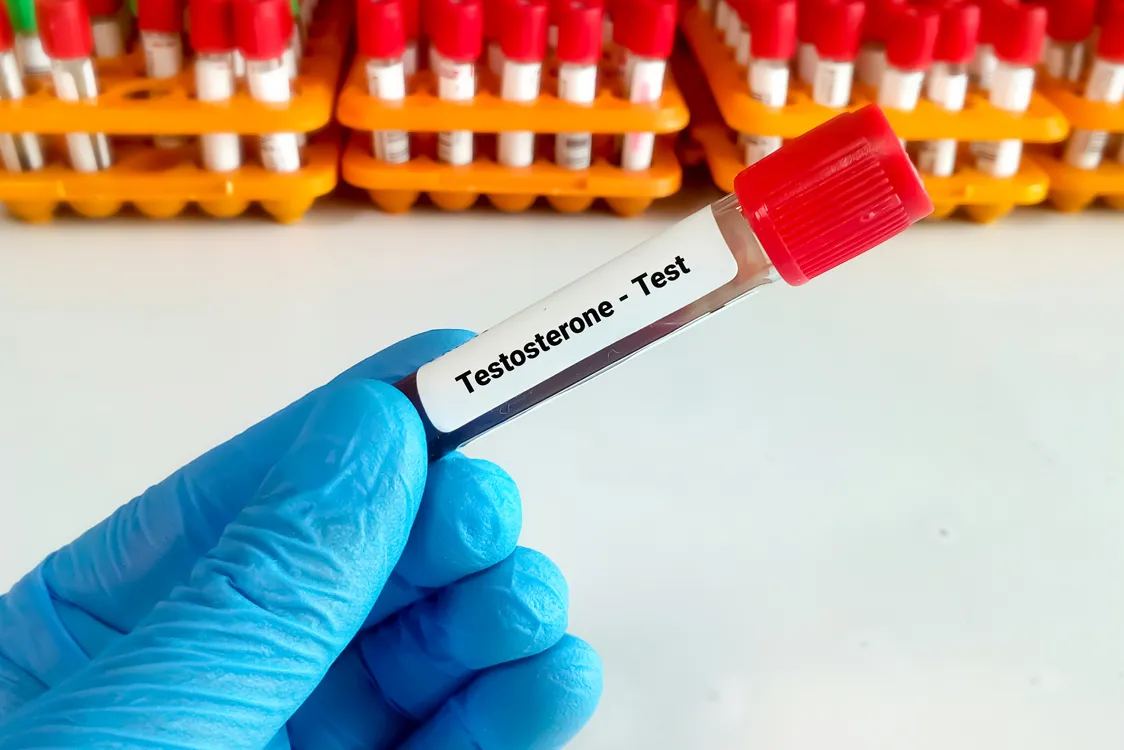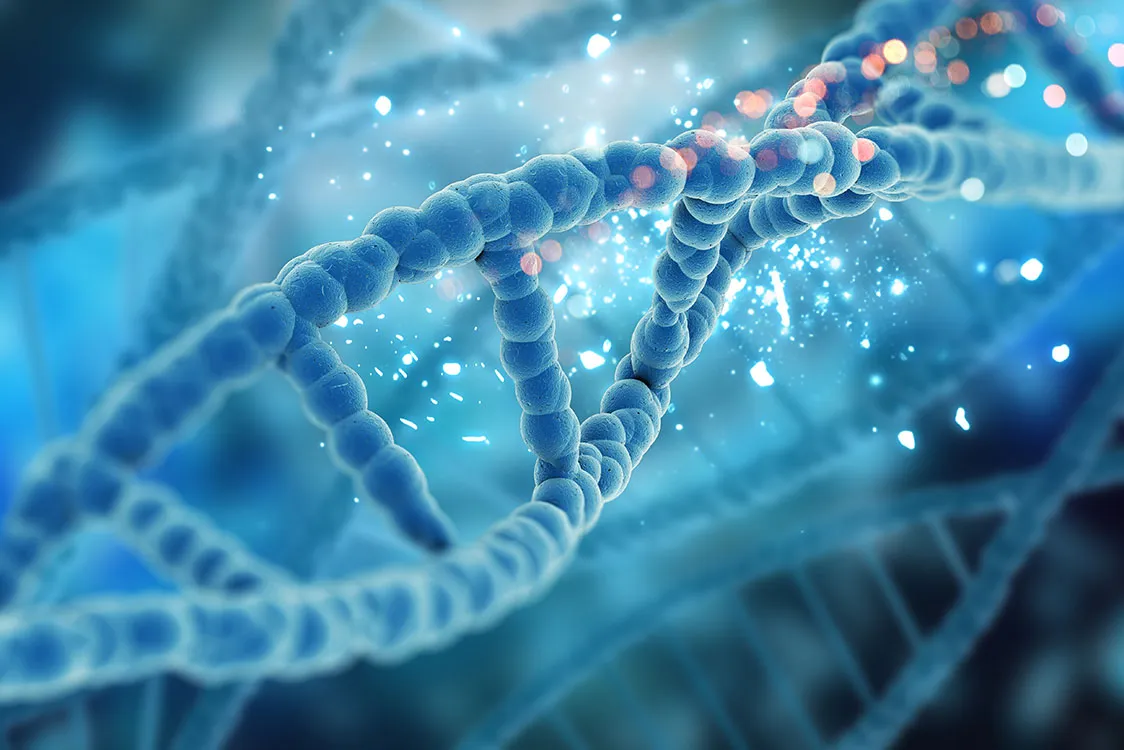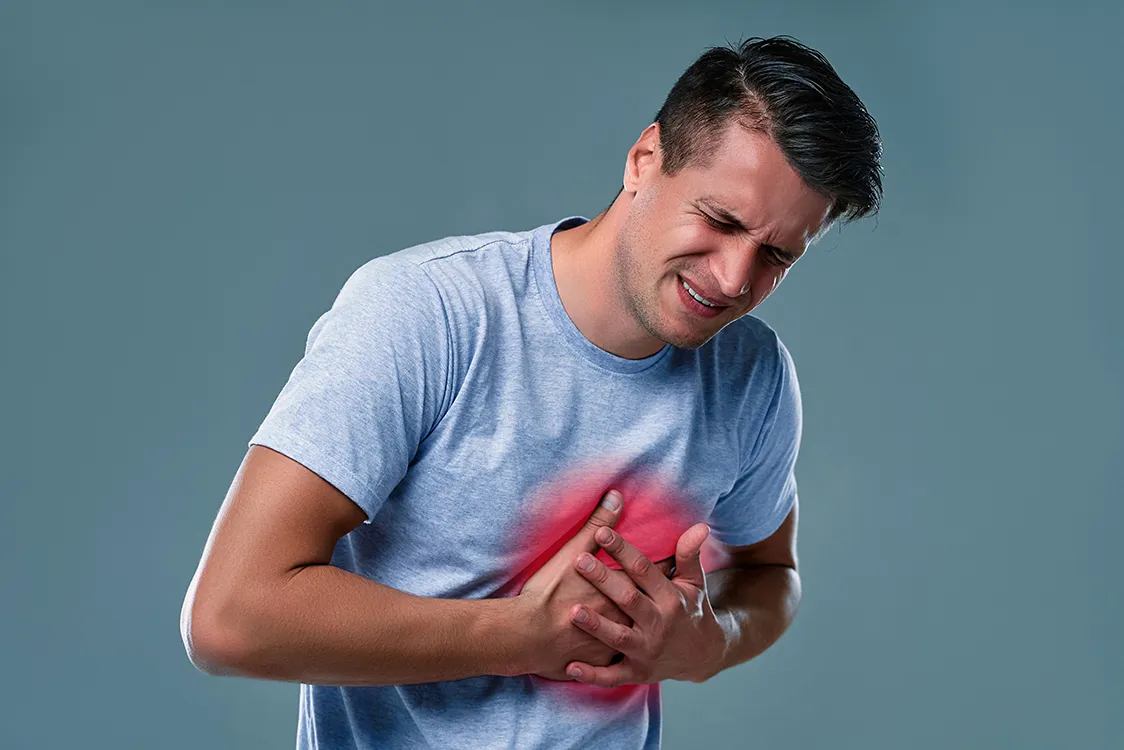A sense of being separated from the body, the ability to observe events without experiencing pain or distress, and the ability to meaningfully assess one’s actions, intentions, and thoughts toward others are all unusual lucid experiences that survivors have described.
New York: A first-of-its-kind study has found that one in five people who survive cardiopulmonary resuscitation (CPR) after cardiac arrest may describe lucid experiences of death that occurred while they were seemingly unconscious and on the verge of extinction.
The study was conducted between May 2017 and March 2020 in the US and the UK and involved 567 men and women whose hearts stopped beating while they were hospitalized and who received CPR. It was led by researchers at the Grossman School of Medicine at New York University and other institutions.
Less than 10% of patients recovered well enough to be released from the hospital despite receiving prompt treatment.
A sense of being separated from the body, the ability to observe events without experiencing pain or distress, and the ability to meaningfully assess one’s actions, intentions, and thoughts toward others are all unusual lucid experiences that survivors have described.
These experiences of death, according to the researchers, are not hallucinations, delusions, illusions, dreams, or consciousness brought on by CPR.
Sam Parnia, lead study investigator and associate professor in the Department of Medicine at NYU Langone Health, said, “These recalled experiences and brain wave changes may be the first signs of the so-called near-death experience, and we have captured them for the first time in a large study.”
Parnia wrote in the study published in the journal Circulation, “Our results offer evidence that while on the verge of death and in a coma, people undergo a unique inner conscious experience, including awareness without distress.”
Tests for undetected brain activity were also part of the project.
The identification of bursts of brain activity, including so-called gamma, delta, theta, alpha, and beta waves up to an hour into CPR, was a significant finding.
Some of these brain waves naturally occur when people are conscious and perform higher mental functions like thinking, memory retrieval, and conscious perception.
The results imply that similar to other biological body functions, human consciousness and sense of self may not end ultimately at the moment of death.
The unique human experience arises at the point of death, according to Parnia, rather than a trick of a disordered or dying brain.
Although the evolutionary significance of this phenomenon is unknown, Parnia added that it raises “interesting questions about human consciousness, even at death.”
The researchers concluded that additional studies are required to more precisely define the biomarkers of what is thought to be clinical consciousness—the human memory of death.




